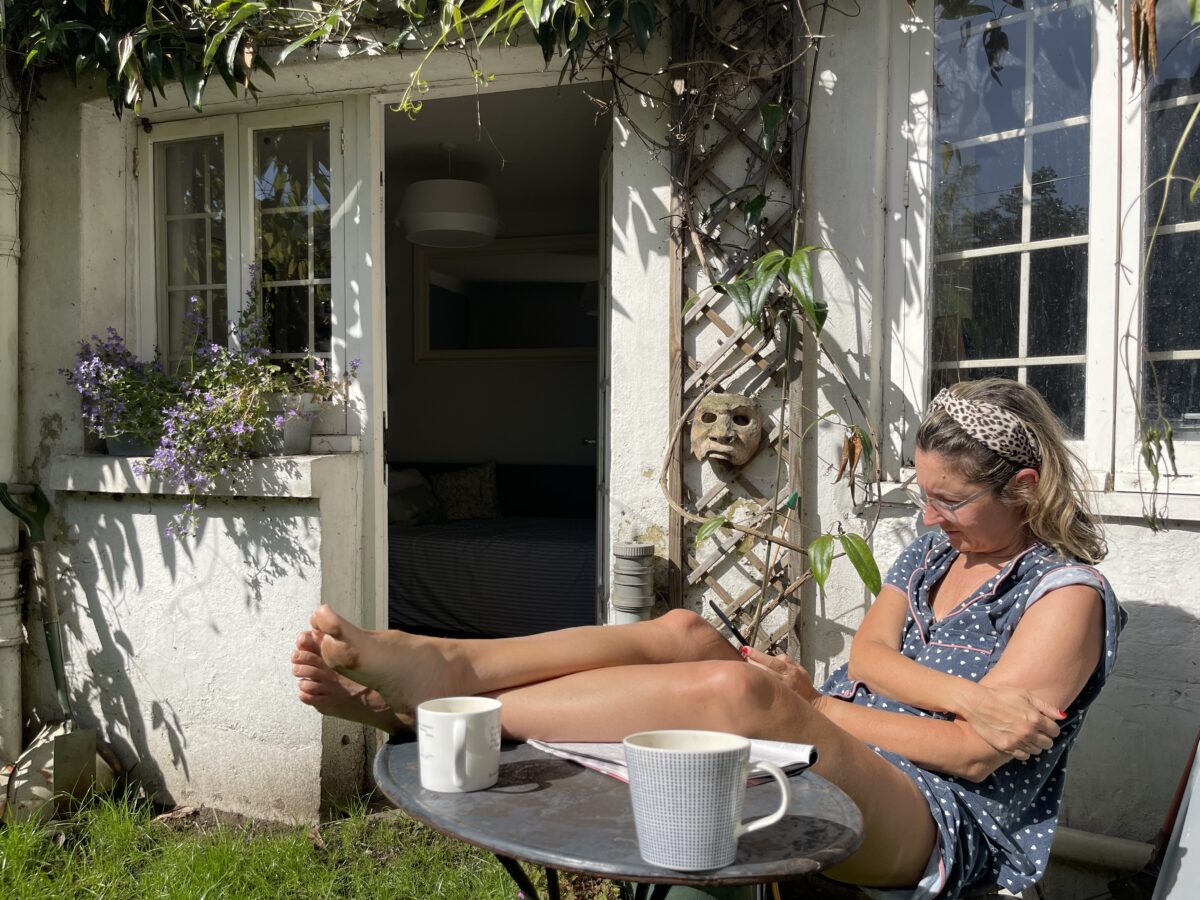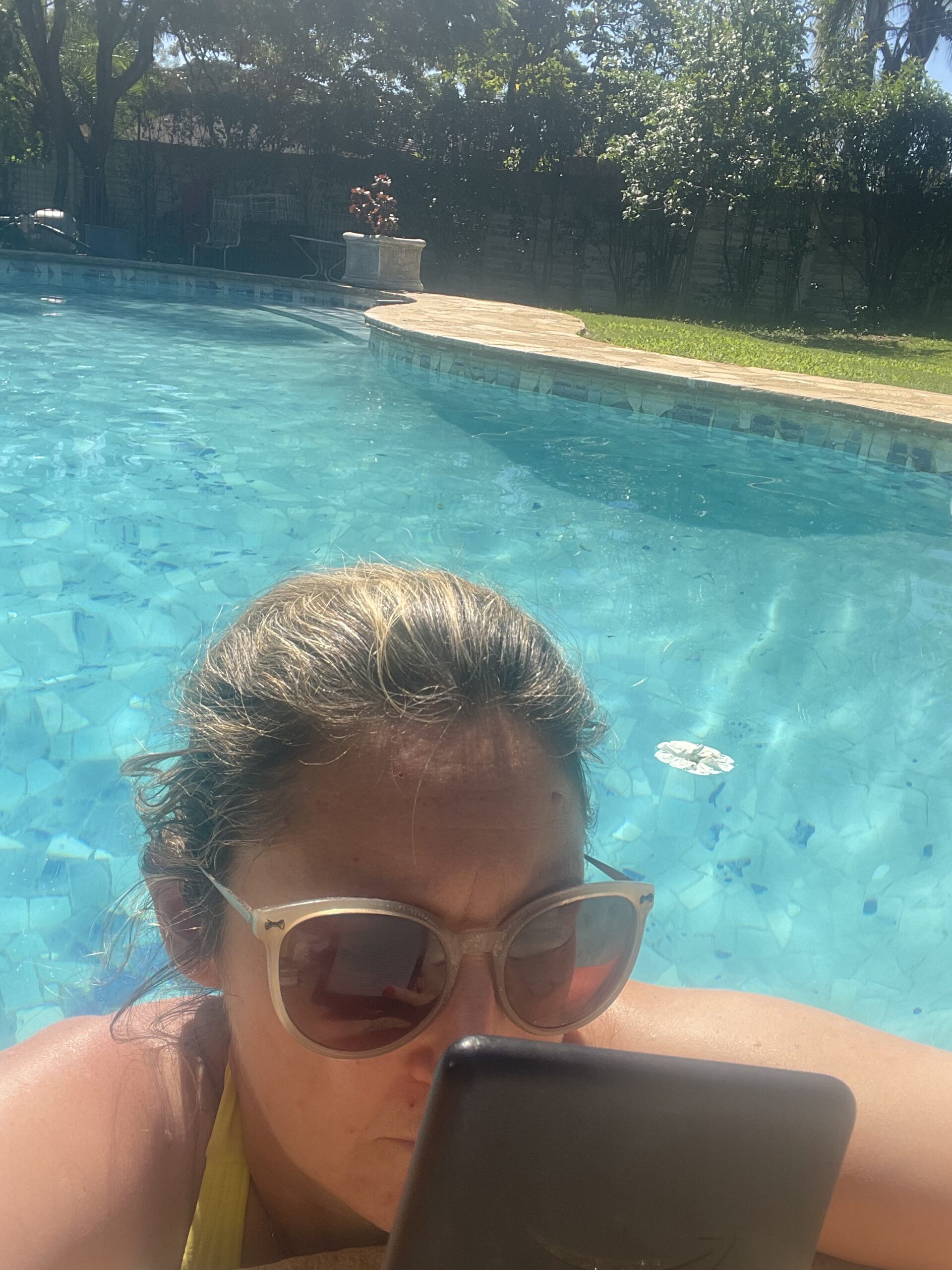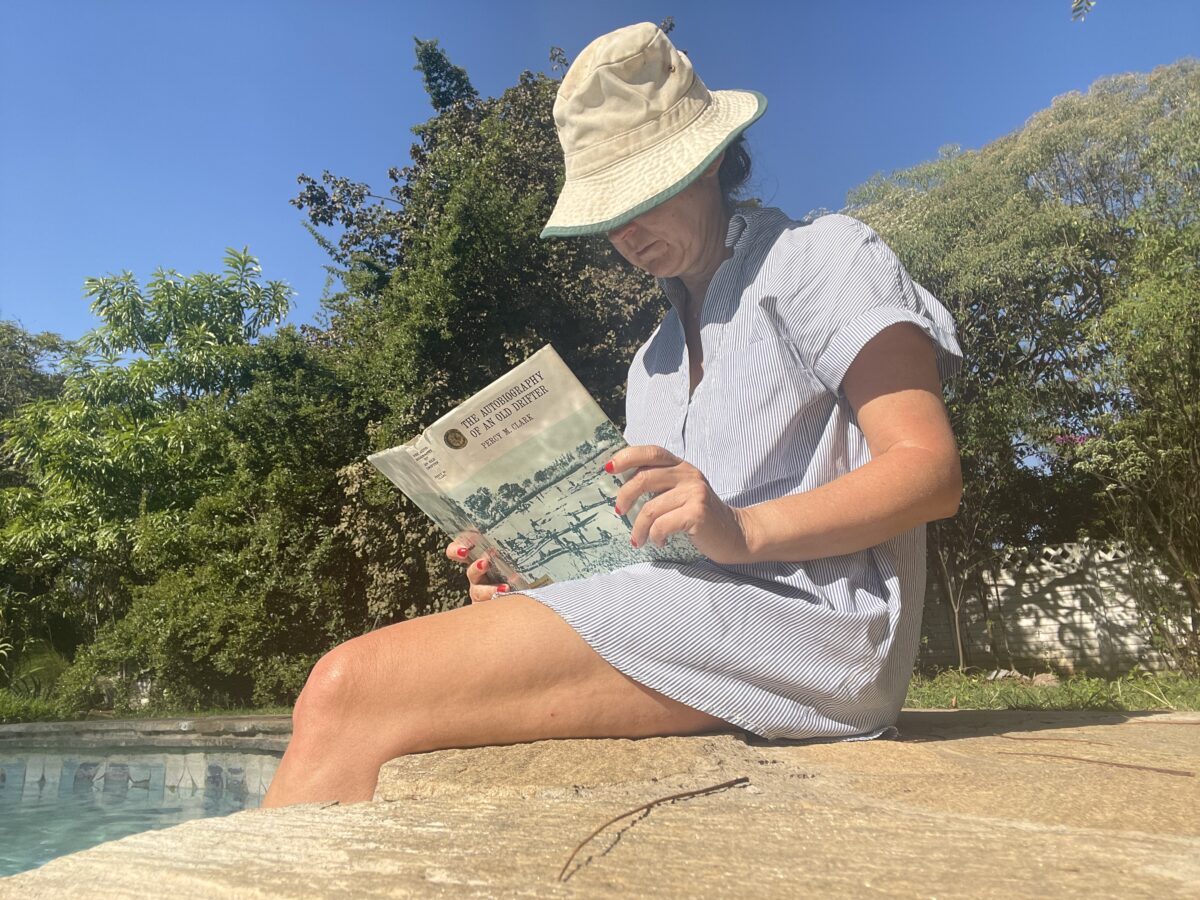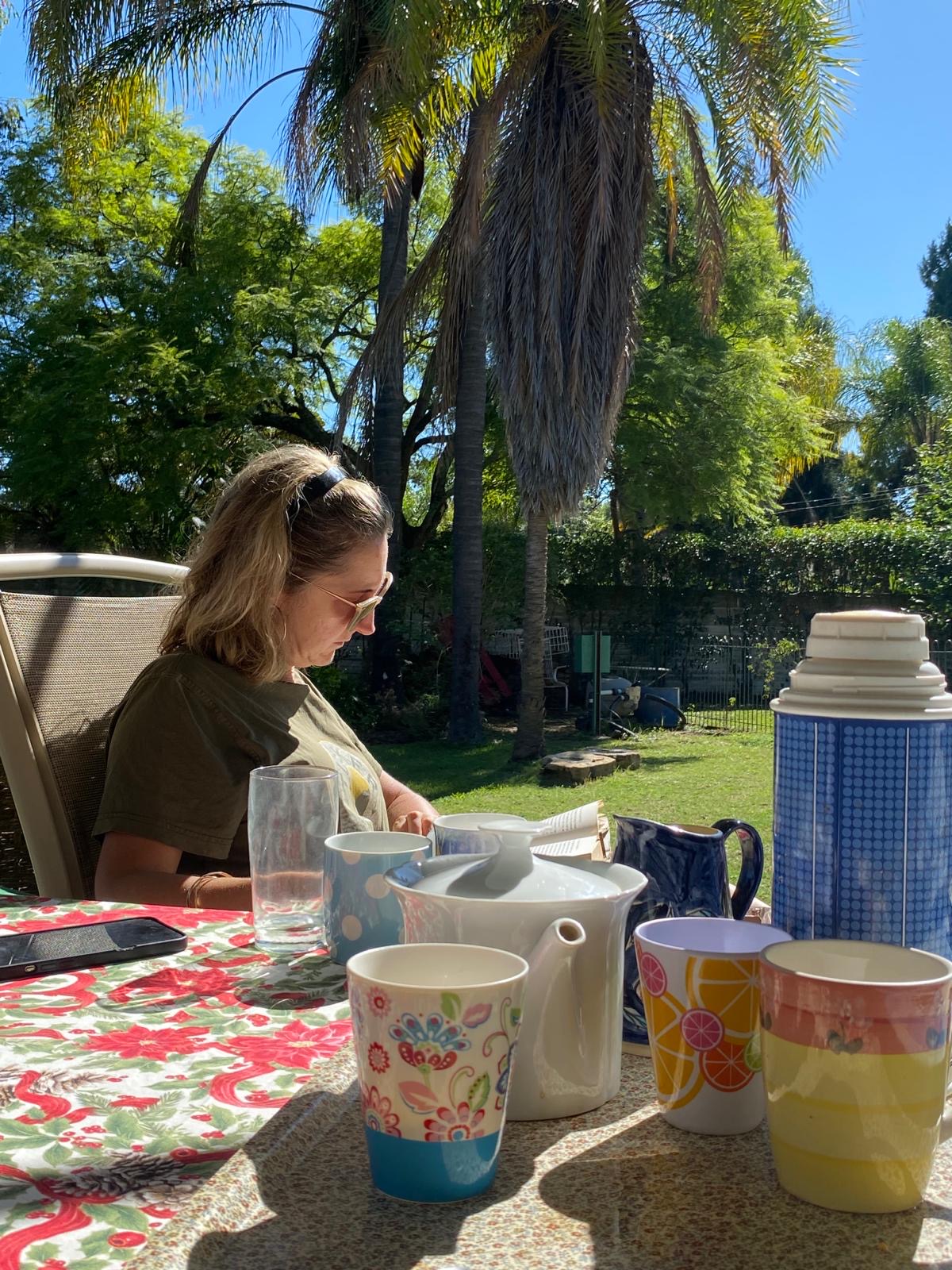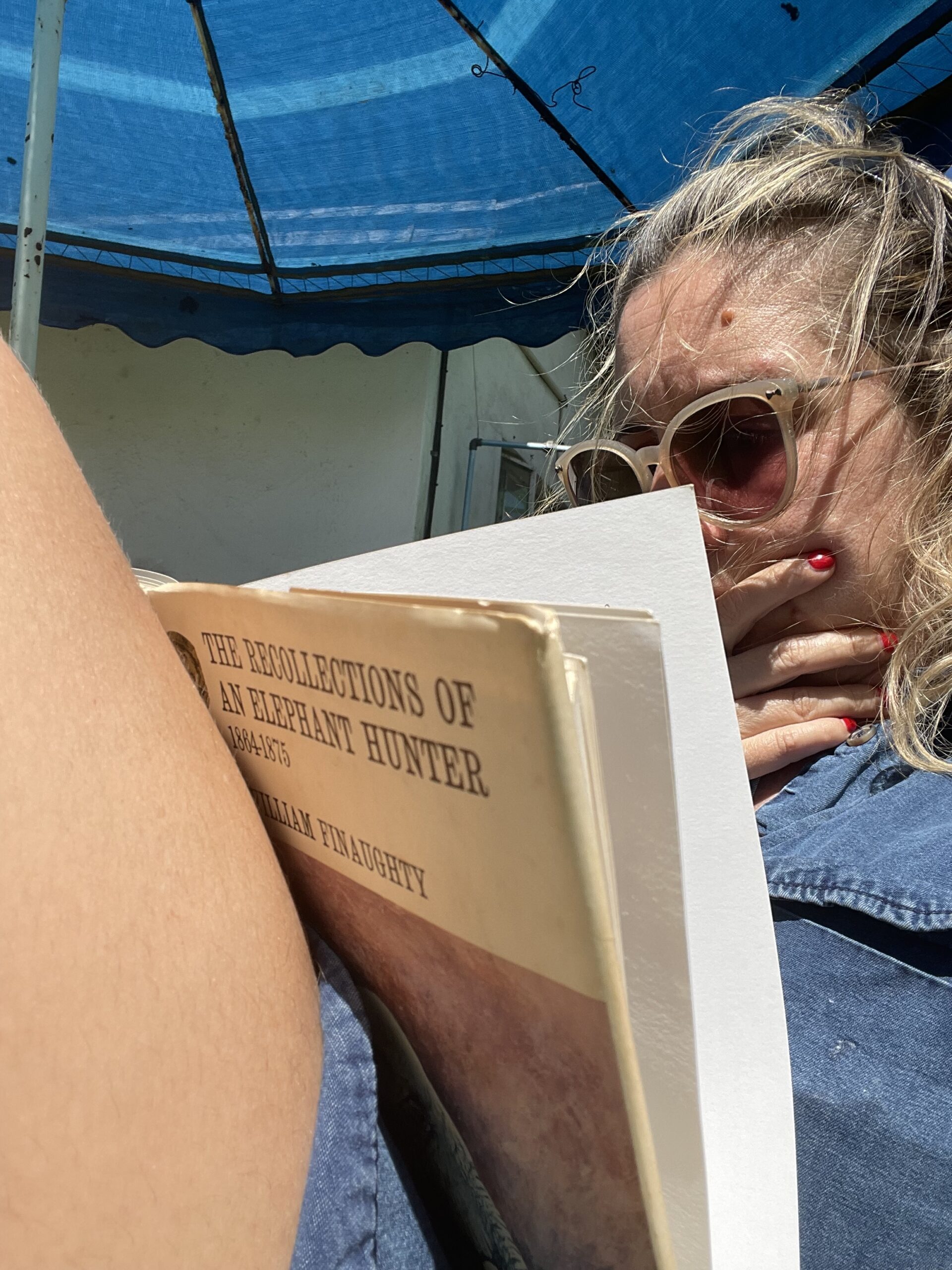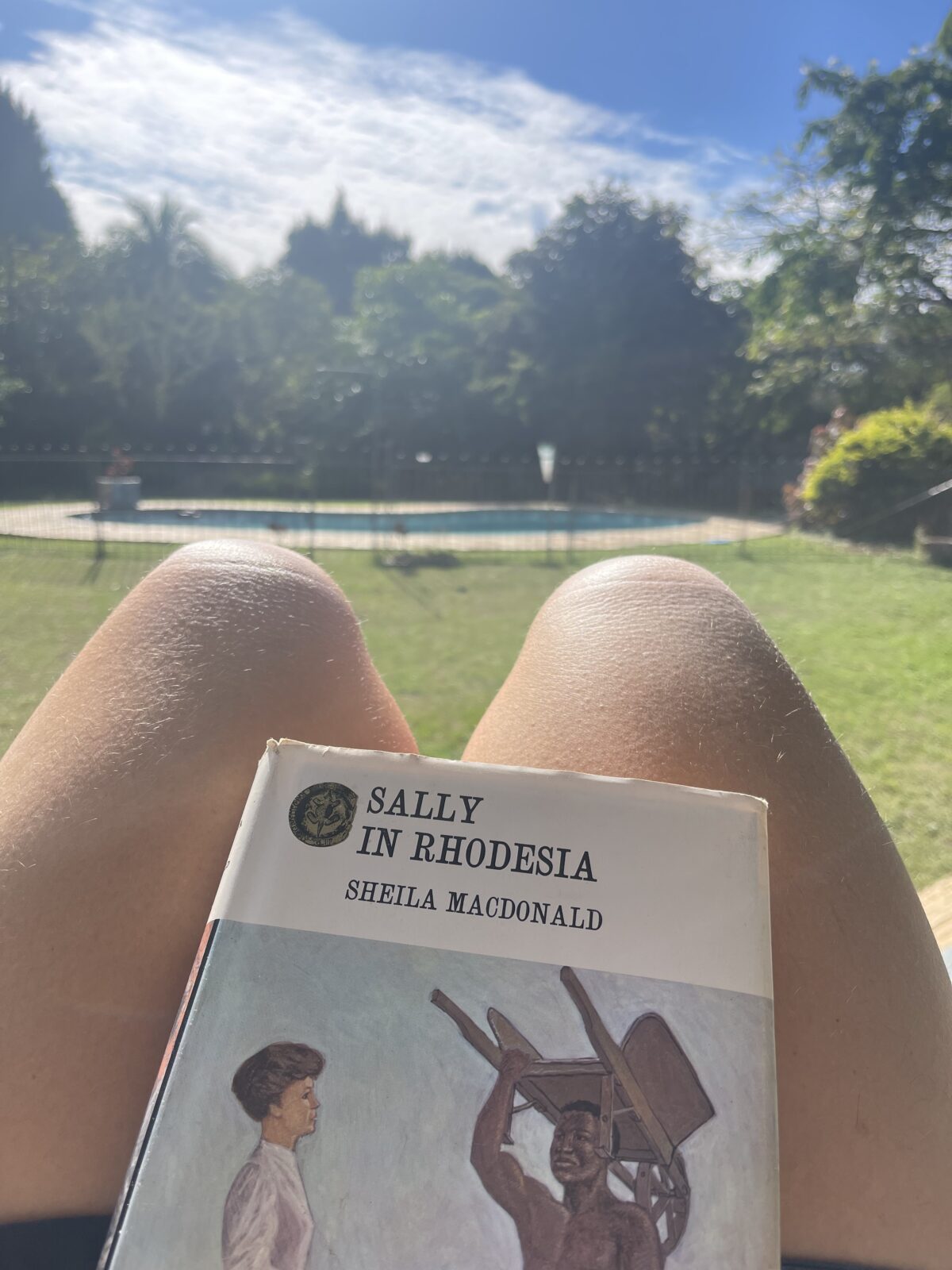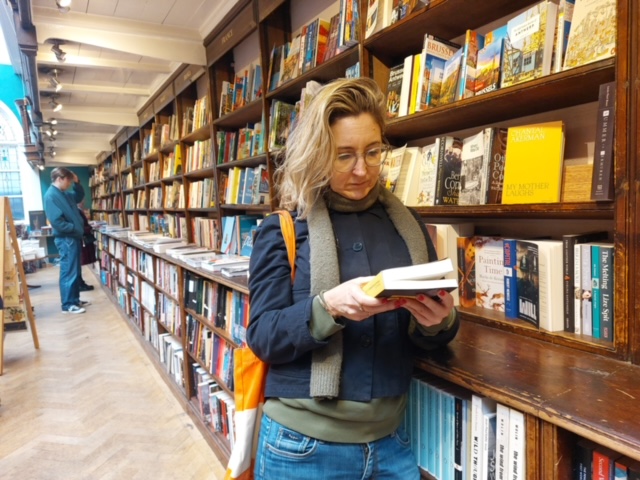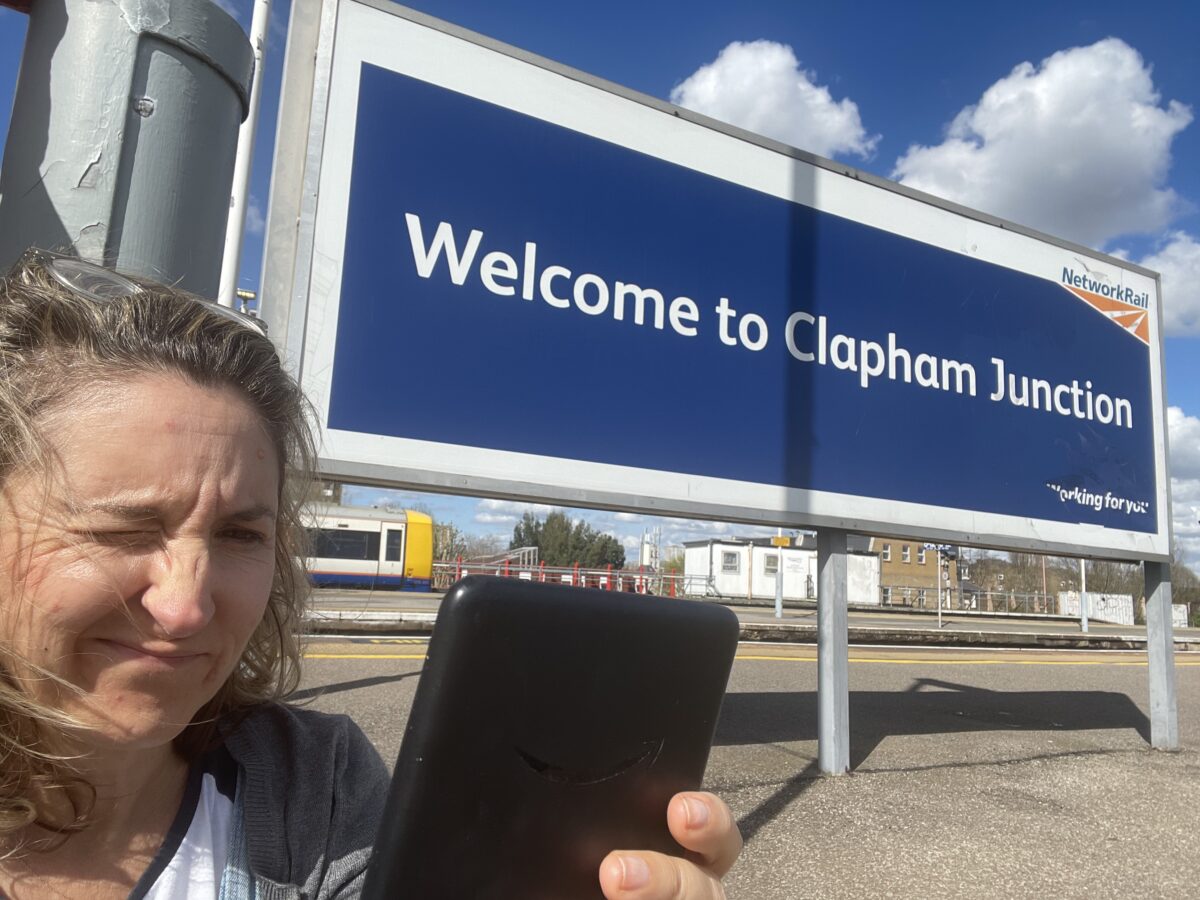This is fun genre romance. I have never been much of a reader of genre fiction, but I like this lady Emily Henry. She writes quick, funny novels that make a vacation fly by. She is an enormous best seller, and I was interested to read how she thinks about the ‘romance genre’ tag. See below, from CBC. It is continually weird that somehow Stephen King (genre: thriller) is so much more respectable than any female genre writer I can think of
For Henry, it’s important to call herself a romance writer because she’s tired of people looking down on the genre and dismissing its value.
“There is still a lot of snobbery around the genre and I find it really bizarre because it’s one of the very few genres that is so centered on women,” she says. “Obviously, it’s not just for or about women, but the authorship is dominated by women, the readership is dominated by women and I just don’t think it’s really a coincidence that it’s the genre that gets dismissed so readily…. Romance is so significant because it values women’s stories.”

